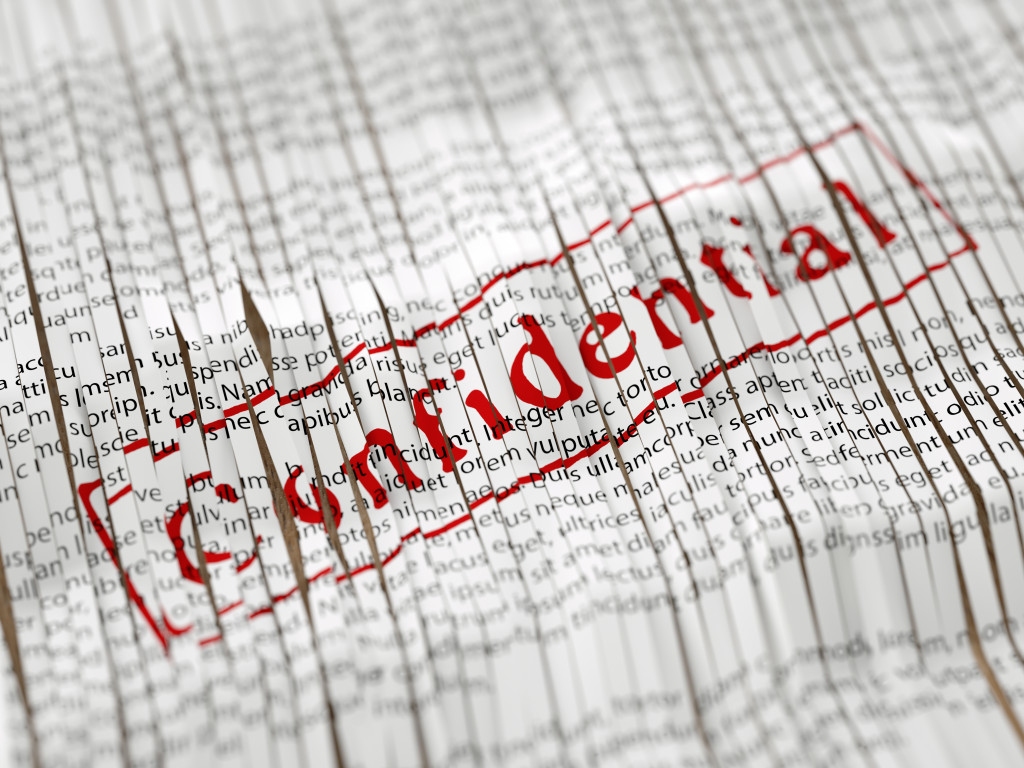Like many trends today, several practices in the eCommerce industry come and go. Consumer demands grow at the same rate that digital marketers try to fulfill them. But, one variable remains -shoppers expect and deserve to feel secure while buying online.
Today, there’s been a rise of high-profile cybersecurity incidents in online businesses, highlighting the need for prudent security measures. As an entrepreneur, it is your responsibility to cater and go beyond these expectations. One way to do so is by investing in compliance and security.
Consumer Data Privacy
There is a continuous growth of global interest in cybersecurity. Consumers are demanding more robust security procedures, leading to the adoption of additional security and compliance requirements. In response, authorities are stepping in to offer a more significant legal and regulatory framework to guarantee consumer data privacy.
Security and Compliance
It’s essential to distinguish between compliance and security before delving into what these data regulations imply for both businesses and customers. In essence, compliance is language, whereas security is technology.
Compliance standards guarantee that a company has internal control mechanisms that properly assess and take preventive measures for its risks. On the other hand, security refers to the many procedures used to preserve and safeguard a firm’s physical and digital assets. Thus, the term cybersecurity means the practice of preserving data by avoiding, detecting, and reacting to cyberattacks.
Important Standards in eCommerce
Are you dedicated to go forward, satisfy and surpass security and compliance requirements? To do so, developing tools to assist your website in making that same promise to consumers is crucial. If you work in the online business, you’ve certainly come across a variety of acronyms. So, what does each abbreviation stand for? Let’s go through some of them briefly.
PCI DSS
Are you a merchant that accepts credit card transactions? Perhaps you have heard about the Payment Card Industry Data Security Standards. It is a set of rules designed to tighten controls over cardholder information to reduce the risk of credit card fraud. Noncompliance to these standards often results in serious penalties.
ISO
ISO stands for International Organization for Standardization. It is a regulatory body that produces standards for a variety of sectors across the globe. Most businesses try to get certification in these criteria to show their commitment to regulations.

GDP
According to the General Data Protection Regulation, privacy and data is the most crucial aspect of security. So, enforcement of policies is present for all members of the European Union and the European Economic Area. It offers them more data possession and management, as well as additional data-collecting rights.
Pushing for Regulation
People are becoming more worried about what businesses do with their personal information. Given how important personal details have become, it’s reasonable. Authorities imposed regulations because companies were not as cautious about cybersecurity and safeguarding consumer data as they should have been.
Security is a part of the priority list, but they didn’t always back it up by grit. It implies that companies did not value users and their information as they should have been. So, regulatory authorities are now coming in and implementing charges for noncompliance.
Compliance to Standards
Suppose you’re an online entrepreneur; it’s vital to take an interest in both keeping your site safe and protecting consumer data. Remaining in compliance with the current laws will do the trick, but additional measures are beneficial.
Many businesses use ServiceNow SecOps to help resolve their business needs. By incorporating a threat risk assessment into every process, it strengthens the firm in many aspects. It also allows you to stay on track with your operations by providing a response plan in case of a security breach. Its module is well-equipped with features that provide significant data trends that could impact your IT infrastructure and other virtual assets.
Consumers, naturally, want more control over their data and assurance about their privacy. Commercial enterprises are rising to fulfill their expectations, in some instances due to nudges from government bodies.
As an entrepreneur, our responsibilities to our customers include concerns about data confidentiality, security, and compliance throughout our whole platform and all internal operations. In addition to avoiding data breaches, we must follow privacy laws such as the protection of information.
Overall, we must guarantee that all consumer data is safe from harmful assaults and that merchants can service their clients safely and legally. Besides, our users’ information is their property. It is best to take their rights seriously and differentiate ourselves in that respect, even inside our platform.

